Keto, Paleo, and Yoli diets: Do they really work?
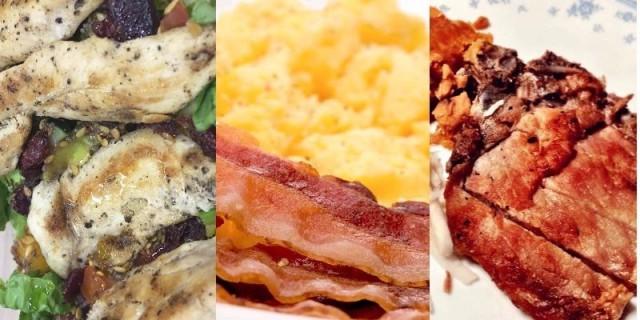
In the past, there was Atkins, After-6, South Beach, Mediterranean, Zone, and Raw Food. These days, there's Paleo (or Caveman) Diet, the Ketogenic Diet, and the fairly new Yoli Better Body System. What are these and do they really bring that much coveted weight loss?
Simply put, the Paleo Diet restricts food choices to stuff a caveman would have eaten centuries ago: vegetables, meats, fruits, seafood, and nuts. That means no processed food, no fast food, no dairy, no grains, no added salt, no legumes, no whole grains, no alcohol, and no honey. Call it a going-back-to-basics kind of diet, where grass-fed and organic choices are given the thumbs up.
The Ketogenic Diet, on the other hand, is a low-carb, high-fat diet which aims to bring the body to ketosis, the state when the body starts to produce ketones, which the body can use as alternative fuel.
The usual fuel used by the body is blood sugar or glucose. When the body is in ketosis, it will access fat stored in the body and burn them. This diet has in fact been used for epileptics since the 1920s since it decreases seizures.
Meanwhile, the Yoli Better Body System is not strictly a diet but more of a wellness system that incorporates a high-protein meal plan, protein supplements, and other supplements to improve metabolism, pH balance, and the gastrointestinal system.
So the million-dollar question is: Do they work? Do they bring about weight loss? A number of people say they do.
Paleo for a year
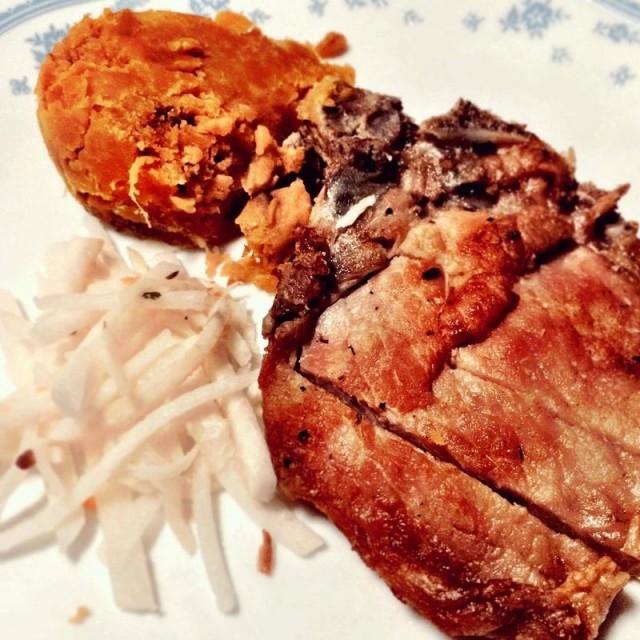
Former TV network executive Sheila Paras said she went on the paleo diet in 2014 to lose excess weight gained when she was pregnant. “I couldn't just go on any diet at the time, because I was breastfeeding and had to be well-nourished. I needed to eat healthy fats, aside from vegetables, fruit, nuts and seeds, and also had to make sure almost everything I ate was organic and/or grass-fed. After doing a ton of research, I found the paleo diet to be the most ideal for my needs; it would help me manage my eating while still giving me all the nutrition I need,” she said.
Sheila subscribed to PaleoManila's delivery service for the first two months, followed the meal plan religiously, and looked up paleo recipes online, and stuck with the diet for a year.
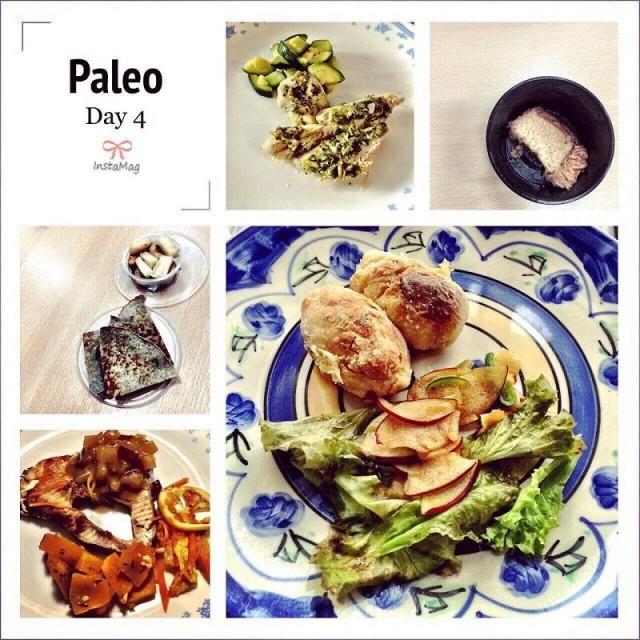
That meant replacing rice and pasta with healthier options, and choosing grass-fed meat. No, she did not go hungry but found herself satisfied with each well-nourished meal. She also had energy to fulfill all her tasks.
As a result of doing the paleo diet, she lost not only her pregnancy weight, but also a few pounds she had before she got pregnant. Her sugar and cholesterol levels were normal throughout that time.
“The only problem I encountered with the paleo lifestyle was sustaining it,” Sheila said. With trips abroad and dinners out with the family, it became challenging for her to continue.
On ketogenic to correct sugar levels
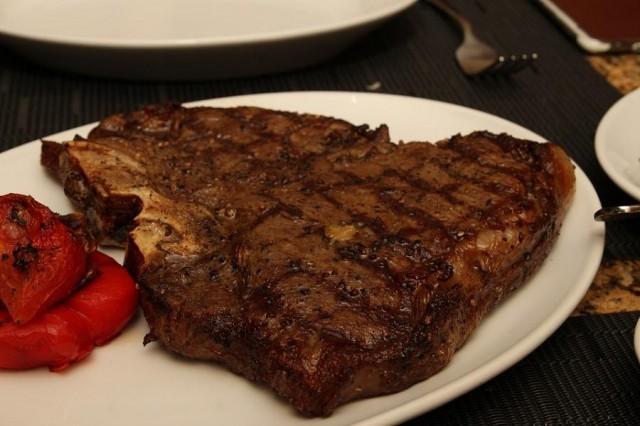
Rikki Escudero-Catibog, executive vice president and chief operating officer of GMA Kapuso Foundation, said she went on the ketogenic diet in June 2017 to address her sugar levels.
“My sugar levels were high,” Rikki said, adding she wanted “to get as close to 6% on my HBA1c measurements.”
Like Sheila, Rikki also subscribed to a diet delivery service, though only for two weeks. After that, she was on “lazy keto, meaning I wasn't as strict about removing all carbs from my diet. I ate bananas, mango, apples and other fruits and if my kids request for pizza, I would have a max of two slices thin crust. But other than that, I followed keto rules: no rice, no bread. Supposed to be only Stevia but I love Coke Zero so I bend on that too. Hence, lazy keto,” she said.
A typical meal for Rikki would be eggs and fritatas for breakfast, pork chop (or other generous portion of protein) and cauliflower rice for lunch, and salmon steak with salad for dinner.
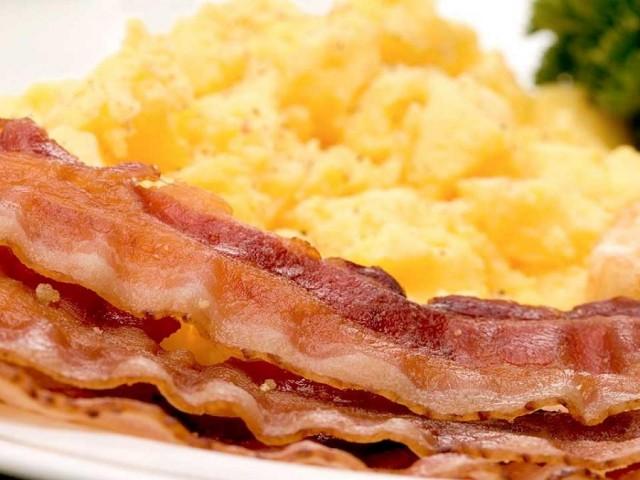
Rikki said she found the diet “quite good” with “generous portions and flavorful food.” “It wasn't like the usual diet that deprived you of portions and flavor.”
The drawback though is that breakfast “was a lot of eggs. You can get tired of eggs all the time. And I love Pinoy breakfast food which always includes sinangag which you can't have if you're on a ketogenic diet,” she said.
Two months on the ketogenic diet, Rikki's sugar levels have already gone down to normal levels. “From a high of 7% HBA1c in February, I measured 6.3 percent this August. Plus for the first time since forever, my triglycerides were normal. All my cholesterol and uric acid levels were normal too; also my SGPT and SGOT measurements. My cardiologist and diabetologist were so happy with me,” she said.
Yoli for better pH
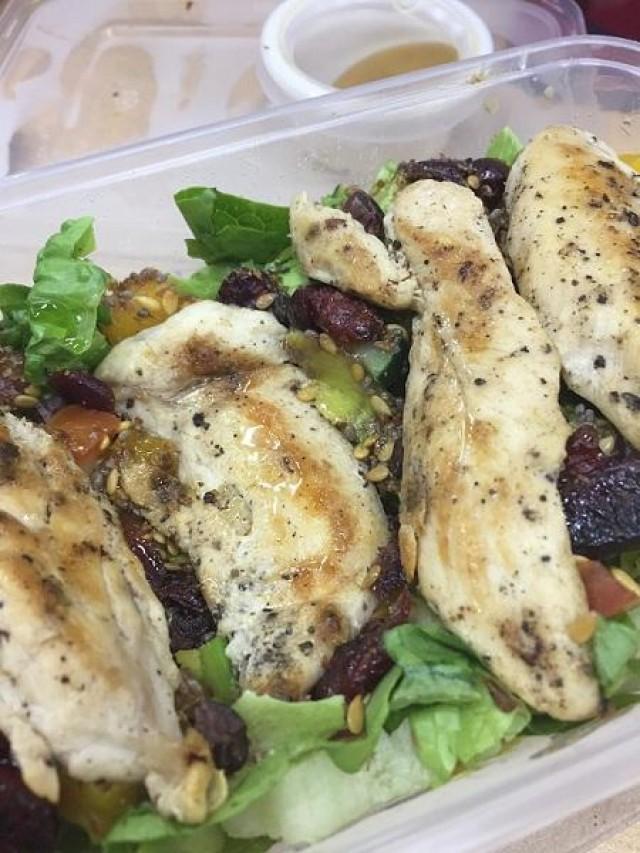
Minette Mendoza, managing partner of STAMMPS, a PR marketing and events management firm, said she has always been sickly. “In 2010, I had heart attack twice. Fast forward to now, I recently had a stroke. My bp went up to 260/190. My right eye got crossed and went blind. It was a miracle that I survived. I know it has got something to do with my lifestyle and very poor diet,” she said.
A former classmate told her about Yoli Better Body System, and learned that her body is highly acidic. “I am also aware that having a body with very poor pH could lead to serious illnesses. And since cancer is very rampant nowadays, I thought I might as well give my body a good pH balance since cancer cells don't survive in an alkaline environment,” Minette added.
And so she went on the Yoli Better Body System in March this year, took the 28-day transformation kit (which had protein shakes and supplements), and followed the meal plan.

The meal plan called for more protein and less carbohydrates. It also forced Minette to eat vegetables and fruits, and choose healthier food items such as wheat bread, hard-boiled eggs, raisins, and little cereals. “I gave up on soda and artificial juices,” she said.
In 28 days, Minette lost more than half of the pounds she wanted to lose. “Yoli diet is so amazing. I lost 17 pounds in the process of 28 days. But really, it was a struggle for me considering that I have a poor diet since I was a child, and suddenly, I was into healthy eating. But generally it was an amazing experience,” she said.
What the doctors and the nutritionist say
“In general, with regard to food, you cannot say this or that food is good or bad. Food can give you calories. It's the combination of foods that can be bad,” said Dr. Josef Soller, a faculty member at Ateneo School of Medicine and Public Health and coach for those who want to go into wellness.
“Lechon for instance can give you fat and energy, but it's the amount you take in that can be problematic,” he said.
With diets, he said calories really go down, resulting in weight loss.
“A normal Filipino male needs 1,800 calories in order to live daily. He becomes fat when he eats more than that as the fat accumulates. With a diet, one may go down to as much as 1,000 calories a day. So there's a deficit of 800 calories. The deficit will turn to weight loss,” he explained.
The paleo diet does not require caloric restriction, though, said Soller. “The benefit is this diet prefers organic stuff when it comes to meat and vegetables. Maganda because there's less preservatives and the food is fresh. Weight loss is very good as refined sugar and processed foods are eliminated,” he added.
The problem with paleo diet, however, is that “we are not cavemen. Our lifestyle already evolved a lot. If you're an athlete for instance, you'll need a lot of carbo. We're not used to this kind of diet. Filipinos love carbo, we love rice, even dessert like kakanin has rice. The drastic change in diet causes a lot of stress and can lead to further eating later on,” he said.
“The paleo diet is not balanced. I don't recommend it to our patients. A diet has to be related to the lifestyle of a person,” Soller added.
Dr. Marco Escareal, who also coaches people in their weight loss journey, said in general, all those diets (paleo, ketogenic, and Yoli Better Body System) are temporary and not sustainable. “If you can't sustain it after five years, it's a band-aid solution. If you stop, obviously magre-rebound ka,” he said.
Escareal was on the ketogenic diet himself for more than five years. “Bumagsak ang weight ko – five kilos in six months' time. I tried sustaining it for about a year and a half,” he said. However, there came a time when his weight started going up even if he maintained his usual diet, sleeping habits, and stress level.
“Ketogenic diet is not healthy; it's not balanced. Kulang ng fruits and vegetables, which give antioxidants and minerals. We need these to improve the inflammatory state of the body. Walang panlaban sa inflammation kaya 'di gumaling ang hypertension ko at cholesterol,” he said.
The diet also lacked carbohydrates, which he said is the body's immediate source of fuel.
“And the ketogenic state, if prolonged, is not normal. Ketones are good in the short term. They can make you lose weight since fat stores are burned. But in the long term, you can have complications such as hyperketosis. It's also not sustainable. Ang Filipinos, hahanapin ang kanin. You can't eat protein fats forever,” Escareal said.
For him, any diet that calls for avoiding a certain food group is not balanced and therefore not healthy. “The paleo diet is not normal for Filipinos. A diet has to be a balanced and sustainable for the rest of your life,” he said. However, he believes in supplements – “healthy supplementation because you cannot guarantee that everyone will eat right,” he said.
Cymbeline Banez, a licensed nutritionist and dietician working at the House of Representatives, said people who are overweight or obese are usually tempted to try fad diets “due to their claims for quick and remarkable decrease in weight within a short period of time. These are usually high in protein and fat, low in carbohydrates.”
But she said taking diets, although these may result in weight loss, may bring about the “yoyo effect.” “Because these are different from the usual diets, these cannot be maintained for a long span of time. It can also be noted that these are not proven scientifically,” she said.
“As a dietitian, I do not recommend fad diets because it can trigger the development of certain diseases such as coronary heart disease and kidney disease,” Banez said. She still recommends the old-fashioned way of losing weight: fewer calories (not less than 1,000 calories a day), balanced meal, and physical activity — which when you think about it, makes perfect sense. — LA/KVD, GMA News



